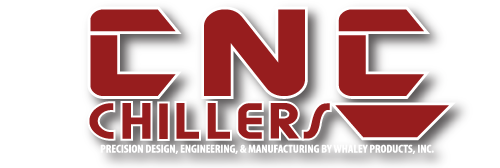Coolants provide many different uses in machines. Other than cooling, coolants also can clear chips as well as lubricate the machine. Chip formation occurs when a material is cut, and chips or shavings stack up against the cut. They can coagulate via heat from cutter and cause problems. Chips and shavings can also fill in the holes that have already been cut and can cause fissures if reheated, or cut again. Lubrication is important as well. To avoid this problem, coolant can be used to blow chips away. If the machine does not use coolant, air/water blasters can be used. The blasters can cut down noise pollutant created by the CNC machine.
Some soft metals like aluminum or soft steel can try to mold themselves. Lubrication with coolants allows for less heat interaction with the material. The friction of a CNC grinder sliding across a soft metal creates more heat than needed. This creates a bending or welding of the material on its own.
Coolant also cools the CNC machine. Coolants come in a variety of types, colors, brand and composition. They can but are not limited, water, glycol, water/glycol mix and oil. Each of the coolants has a unique properties. For instance water can conduct heat 25 times more efficient than air. Some glycol is food safe. Oil is less corrosive than water. Glycol/water mixes have lower freezing points than water. Depending on the machine, the material, the rpms of a spindle, and what the CNC machines is producing, different coolants will fit an operator’s need.

